How To Save Pepper Seeds To Grow In Next Year’s Garden
Learn how to save pepper seeds with these easy tips. Seed saving is a fun, sustainable way to have a bountiful harvest of peppers year after year.
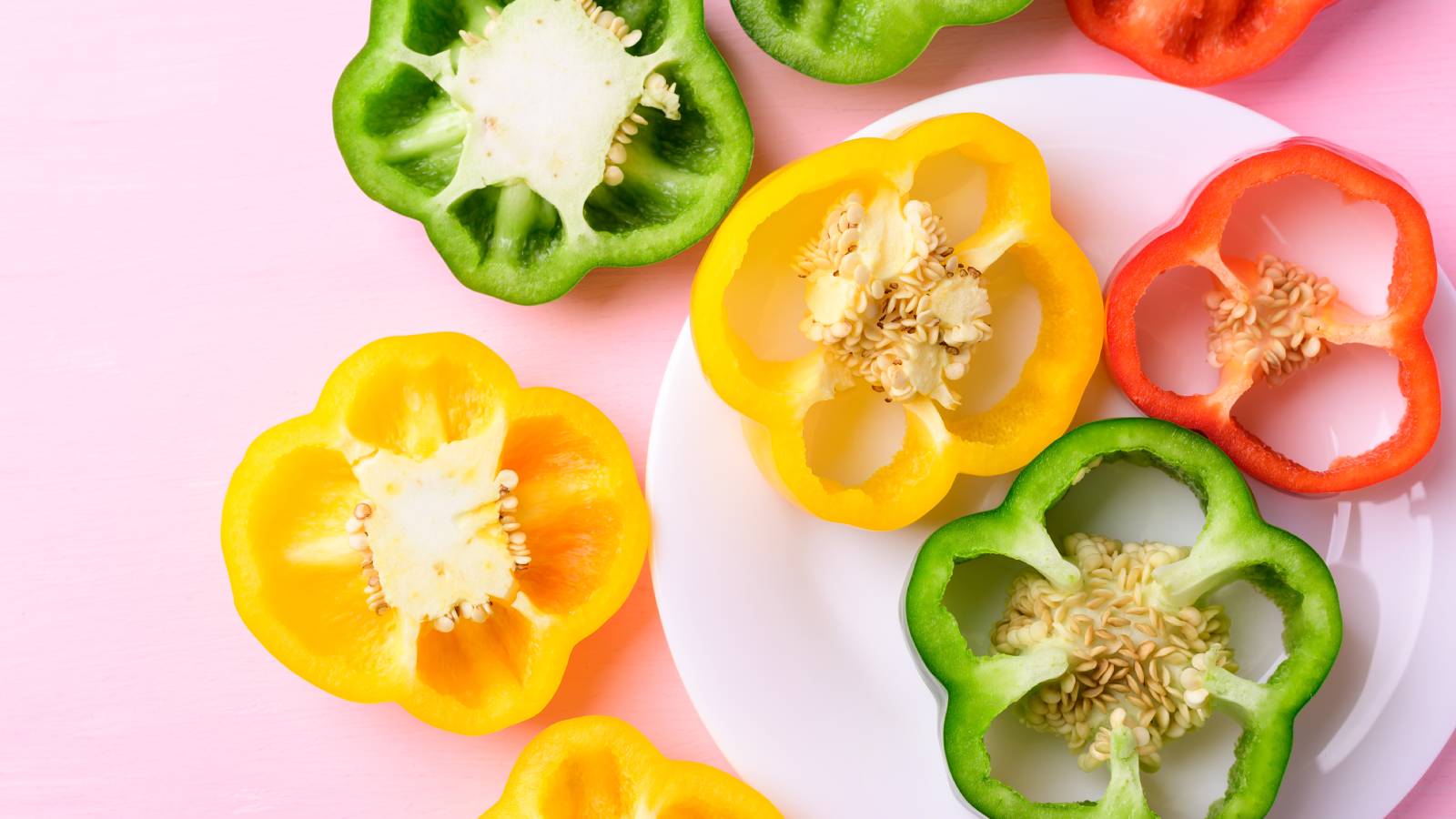
If you have a particularly healthy, prolific pepper plant, you might be wondering how to save pepper seeds. Sustainable gardening is the goal for more and more gardeners and saving seeds is one means to that end. Self-pollinating crops like bell peppers are a good choice when it comes to saving pepper seeds. Once you’ve harvested your seeds, the question becomes how to save bell pepper seeds. Keep reading to learn how to preserve and store pepper seeds.
Benefits of Saving Pepper Seeds
Saving seeds means you won’t have to purchase seeds for the following year's garden. It is a simple process; you only need to harvest the seed at the correct time and store them properly over the winter.
Another great reason to save pepper seeds is that you can save the crème de la crème, the best tasting, healthiest, prolific peppers you’ve ever grown. But not all seeds are suitable for seed saving.
Which Pepper Seeds Can You Save?
Because pepper plants are self-pollinating, they are an excellent choice when it comes to seed saving. Self-pollinating or open pollinated (heirloom) plants produce seeds that when sown grow plants that are true to the parent plant. That said, not all peppers are created equal.
Hybrid peppers are not a good choice when it comes to saving seed. Hybrids, also identified as F1, are created from crossing two distinct types of pepper. This means that if you try to recreate the plant by saving seeds, you may get a plant that is more similar to one or the other of the distinct types of pepper rather than the parent plant. If you're lucky, planting seeds from store-bought peppers will yield the type of peppers you desire, but they could be hybrids.
Also, if you did get a hybrid seed to germinate, they tend to bear less prolifically, are more variable and less vigorous than self-pollinating plants. So opt for self-pollinating sweet bell or hot cultivars when saving seed.
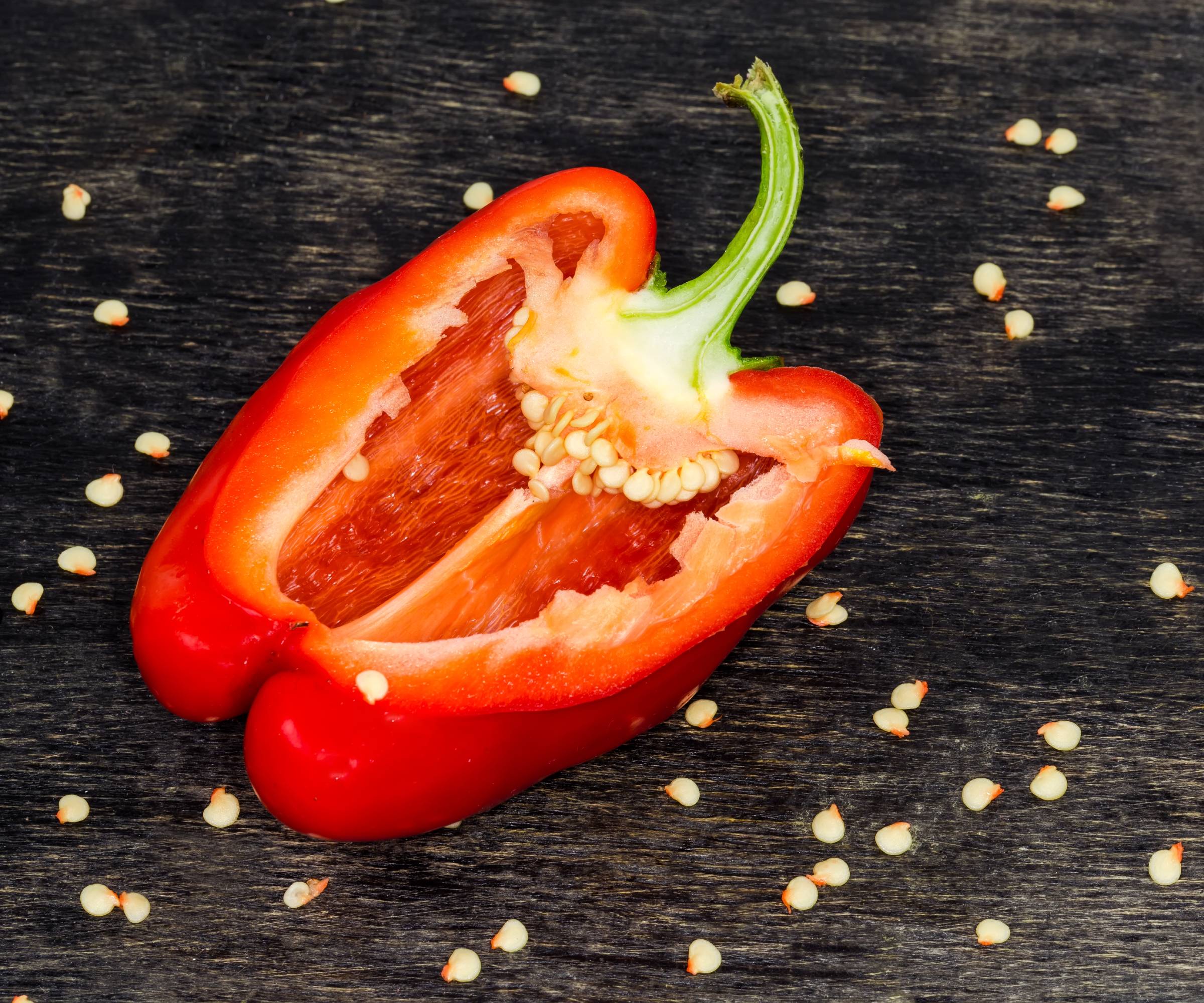
When to Harvest Pepper Seeds
Harvest pepper seeds when the fruit is fully ripe. This might entail leaving some peppers on the plant to mature further until they are fully ripe and beginning to wrinkle.
Gardening tips, videos, info and more delivered right to your inbox!
Sign up for the Gardening Know How newsletter today and receive a free copy of our e-book "How to Grow Delicious Tomatoes".
How to Harvest Pepper Seeds
Most peppers are self-pollinating but on occasion, solitary bees will pollinate plants if there isn’t a more desirable pollen producer in close proximity. This means that the seeds may end up being the result of cross-pollination which can affect the outcome of the saved seeds.
In order to keep the pepper variety from being cross-pollinated, separate different varieties of peppers by 20 or more yards (20 m) or cover the plants with netting to keep the bees out. If space is an issue, you can also close the flower bud with a cotton ball to control cross-pollination or cover emerging blooms with a bag until they have self-pollinated. Remove the bag once the fruit has set.
Select the healthiest fruit for seeds saving and allow them to fully ripen on the plant before harvesting the seeds.
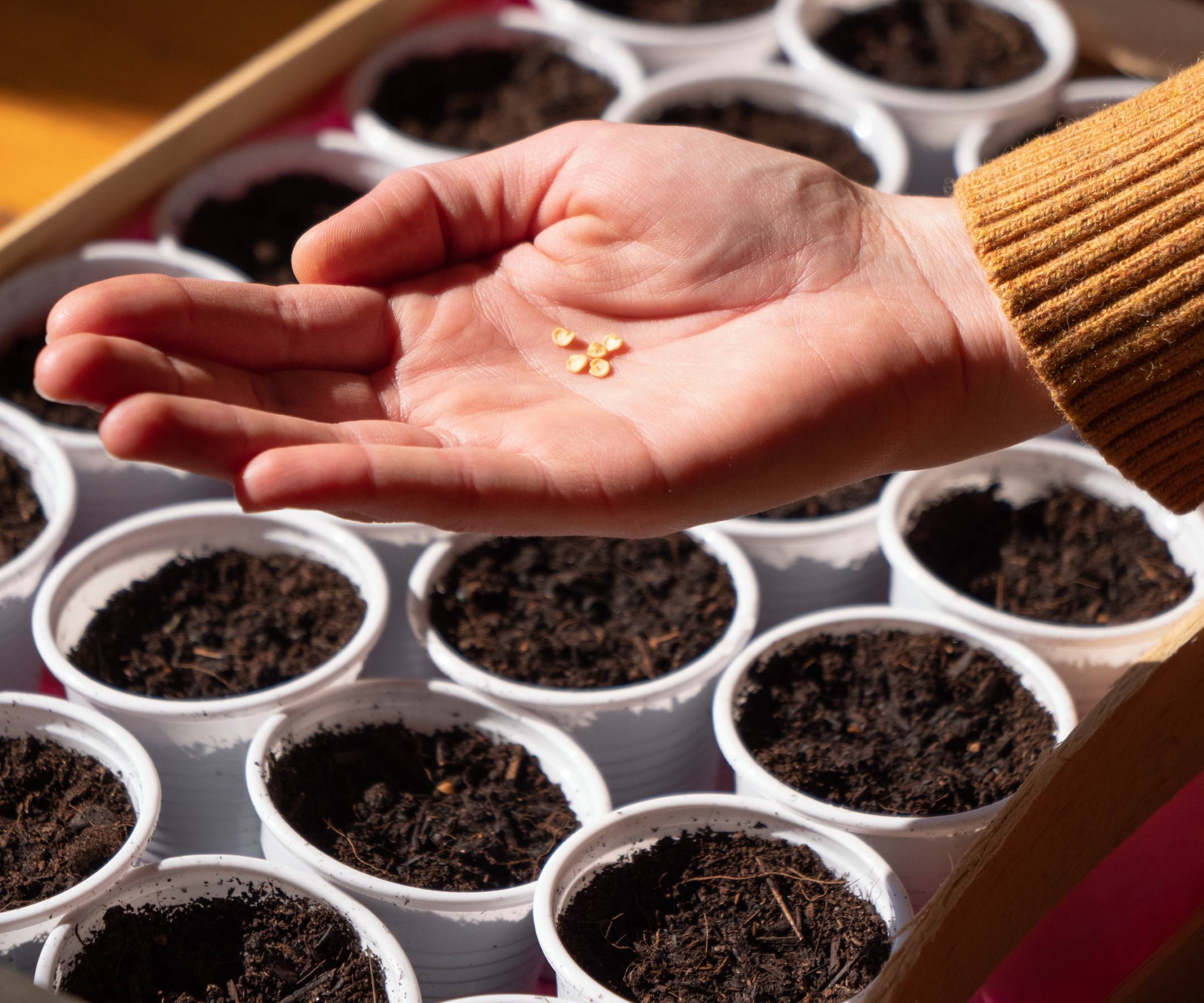
How to Save Pepper Seeds
When your chosen peppers have been allowed to ripen on the plant are on the cusp of looking inedible, harvest the fruit.
Cut the ripened peppers in half and scrape out the seeds. Allow the seeds to dry in a single layer in a dry, shaded area. The seeds will be ready when they are no longer pliable but rather break when bent.
Once they have been dried, store seeds in a sealed bag or container in a cool, dark, dry area like the refrigerator. Properly stored pepper seeds maintain viability for up to 3 years.
Frequently Asked Questions
Can I plant pepper seeds from a fresh pepper?
Yes, you can plant seeds from a fresh pepper but only if it is fully ripe, withered and looking less than edible. Peppers at their mature eating stage do not tend to germinate well, although you can always try it as an experiment.
Do pepper seeds need to be dry to plant?
No, you don’t need to dry pepper seeds before planting them as long as you plant them immediately. Be sure that your pepper selection is as ripe as it can get without mold or mildew, then scrape the seeds out and plant them.

Amy Grant has been gardening for 30 years and writing for 15. A professional chef and caterer, Amy's area of expertise is culinary gardening.
-
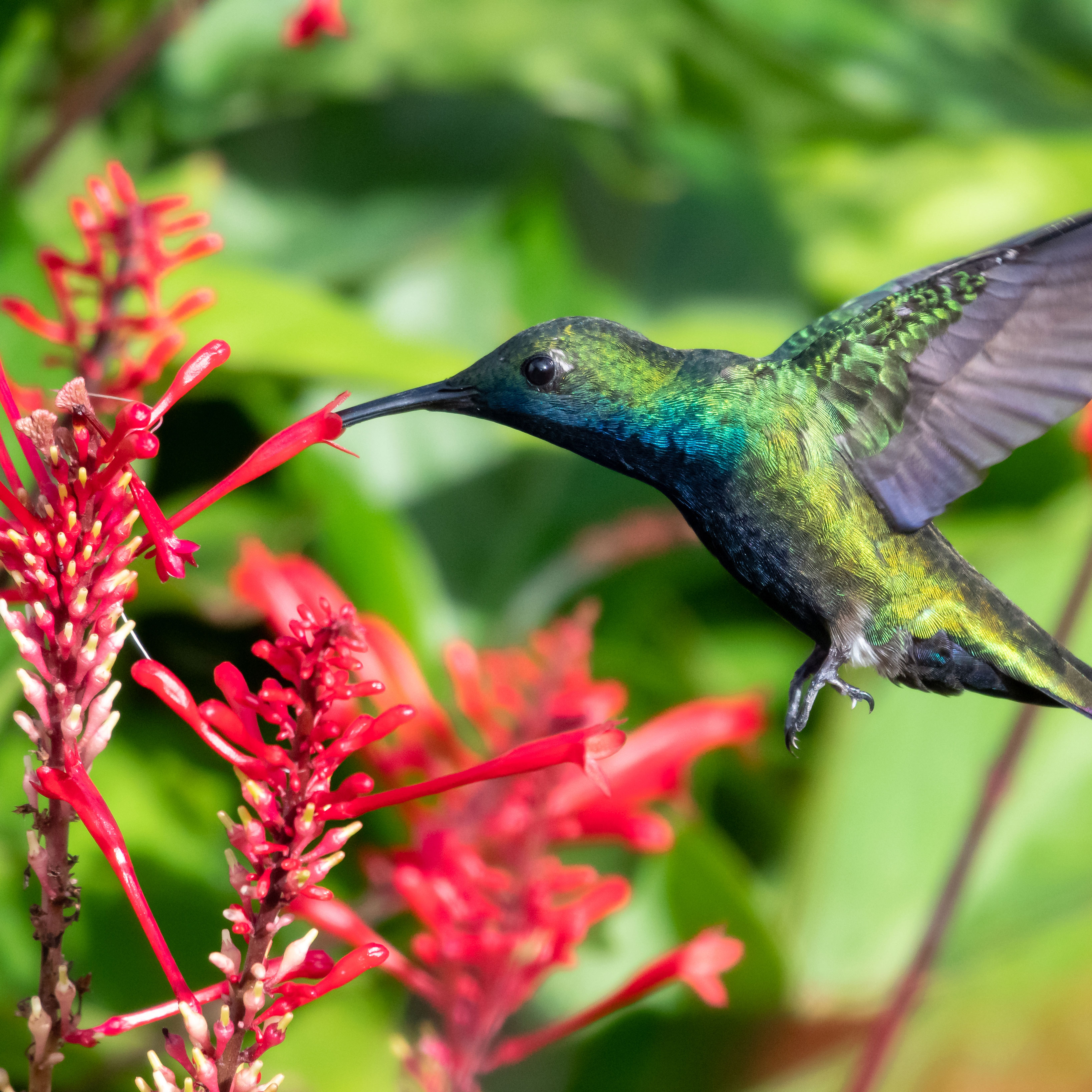 Terrifically Tubular Flowers For Hummingbirds: 9 Tube-Flowered Plants To Attract Hummers
Terrifically Tubular Flowers For Hummingbirds: 9 Tube-Flowered Plants To Attract HummersGrowing tubular flowers for hummingbirds helps you create the optimum feeding conditions for your winged friends. Here are nine tubed delights for hummers
By Tonya Barnett
-
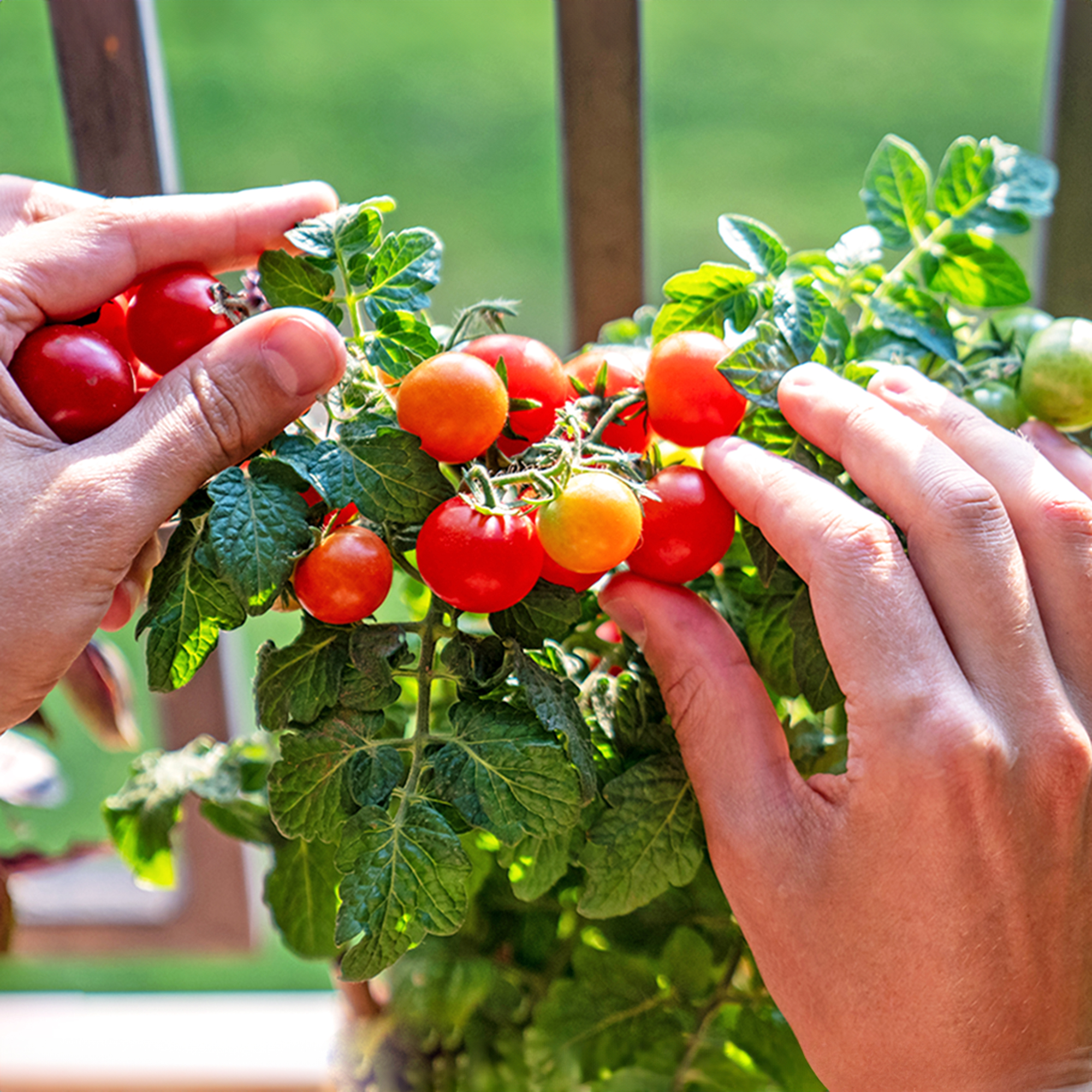 How To Grow Hydroponic Tomatoes For Fresh Indoor Harvests – No Soil Required
How To Grow Hydroponic Tomatoes For Fresh Indoor Harvests – No Soil RequiredLearning how to grow tomatoes in water is easy and allows you to harvest fresh-home-grown produce in every season without any mess.
By Ellen Wells